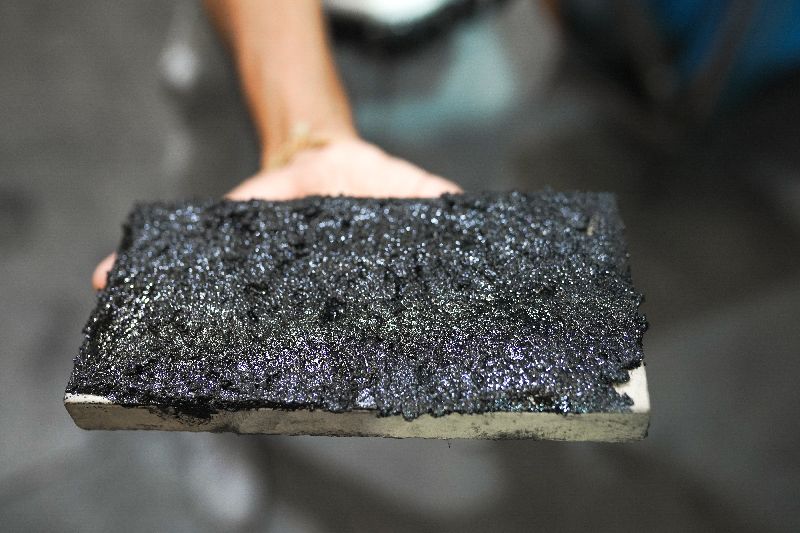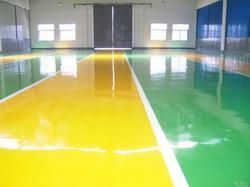The acid-resistance cement consists of a combination of tricalcium aluminate which is a metal that lowers down the chance of attack of the acid by twenty-five percent. Given below is the study of such type of concrete and cement which will describe the composition, characteristics, properties, uses advantages and disadvantages of the same.
Composition of The Acid-Resistance Cement
The acid-resistance cement consists of a very low quantity of tricalcium aluminate as mentioned earlier which is the reason that a very less quantity of calcium aluminate is formed. This is the further reason that hydration is less. Due to the reaction of calcium Sulphur aluminates, the number of sulphatic salts gets reduced that can be expansive. This will lead to any damage to the acid-resistance cement. This type of acid-resistance cement exporter can be found anywhere with the right choice.
Characteristics of Acid-Resistance Cement
- This cement has the property of providing maximum resistance to the ions of chloride that ultimately helps in the prevention of corrosion.
- It has the characteristics of increased permeability as well as workability.
- This type of cement has helped in the overall improvement of concrete strength of the later ages.
- It also helps to provide a very high level of performance of concrete and also high integrity to the aggressive nature of the sulphatic or acidic environment.
Uses of Acid-Resistance Cement
- There are various recommendations to use this type of cement from acid-resistance cement exporter in Mumbai for a variety of constructions like foundations or pilling works.
- It is recommended for the constructions in which there is contact with soils and the water in the ground which contains more than 0.2% salts of acid.
- The surfaces that are made of concrete which is dependent on wetting and drying like bridge piers, apron, contract surface in the tidal zone.
- This type of acid-resistance cement is used for treatment plants that are affluent and also for the chimney and the cooling towers.
- This is also used for buildings near the seacoast.
- It is suitable for underground works where acid is present in the soil as well as the water.
Advantages of Acid-Resistance Cement
- This type of acid-resistance cement has a very high compressive strength by the mix of economic concrete design.
- The shrinkage cracks can be avoided due to the low heat of hydration.
- It also helps in the improvement of the life as well as durability of various structures under the condition of aggression.
- The sulphatic attack can be prevented which will be helpful in the prevention of corrosion as well as improvement in its resistance.
- The use of acid-resistance cement from the exporters in India helps towards the protection against the formation of Sulphur aluminates which indirectly gives protection against the attack of acid attack on the cement.
The quality of the cement depends upon its endurance to withstand corrosion activities. So, to get a quality product, the above points must be considered. After checking the reputation, track record and past history of acid-resistance cement exporter products should be purchased from him. Only then you can be assured of getting high-quality products.



